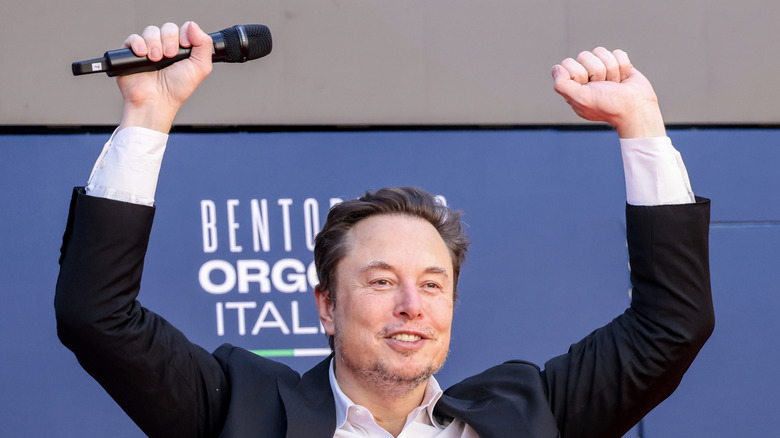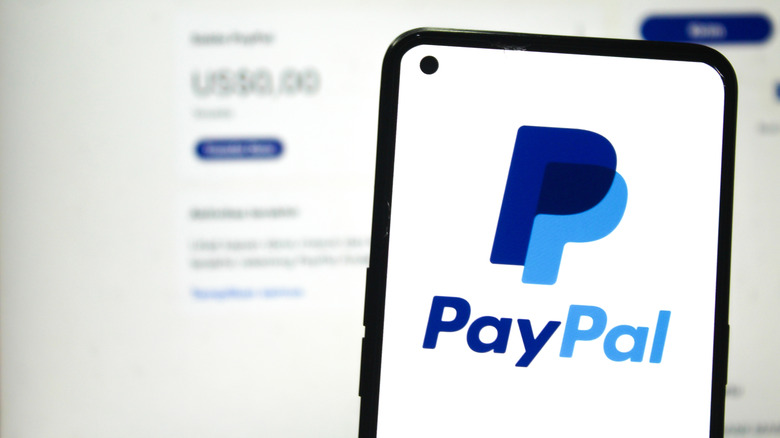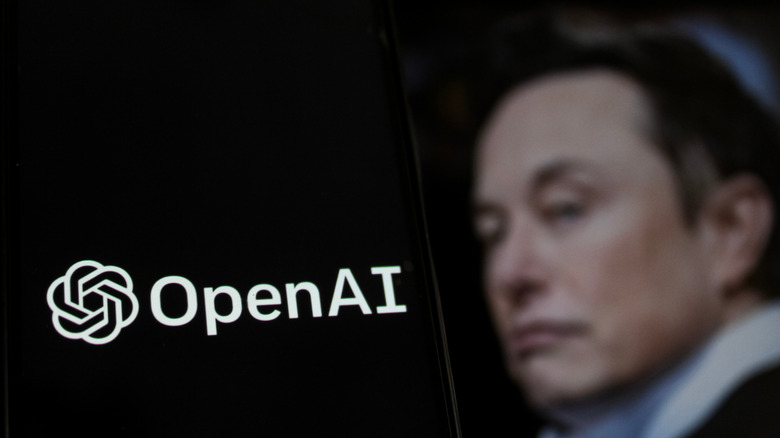Companies Elon Musk No Longer Owns
Since 1995, Elon Musk has helped reshape six global industries, earning his place as one of the most influential business minds of the modern era. Some have even described him as the center of groundbreaking innovation, an approach that has secured him a stake in trillion-dollar value projections across sectors like automotive and digital infrastructure. Even when Musk makes $13 billion mistakes, it doesn't hurt his career.
Musk's Starlink is targeting a market valued at over $1 trillion per year, and private-market pricing suggests the project could eventually support a $3.5 trillion valuation. While these figures reflect future potential, not current market value, they show Musk's ambition. Harvard Business Review describes Elon Musk's approach as purpose-driven and rooted in rapid experimentation, and this has worked for him to a point where when you might be shocked to learn how much Musk makes per minute.
However, there are four companies that Elon Musk no longer owns; Zip2, X.com (now PayPal), SolarCity, and OpenAI. He earned around $22 million when Compaq acquired Zip2 for $307 million in 1999, and later exited X.com/PayPal after eBay's $1.5 billion acquisition deal closed in October 2002. SolarCity was folded into Tesla in November 2016 in an all-stock deal that ended its run as an independent brand, and Musk resigned from OpenAI's board in February 2018.
Zip2 and PayPal
Elon Musk launched his first startup, Zip2, in 1995 as an online city guide that provided mapping and business directory services to newspapers. With backing from venture firm Mohr Davidow, the platform expanded across the U.S. By early 1999, Compaq, looking to strengthen its AltaVista search engine, acquired Zip2 for $307 million, or $341 million including options. Musk held a 7% stake, earning around $22 million from the deal. That payout became the launchpad for his next venture.
Just weeks after the Zip2 sale, Elon Musk put between $10 to $12 million into launching X.com, an online bank designed to move money through email and eliminate physical branches. The service gained traction quickly, and in March 2000, X.com merged with its rival, Confinity, according to their SEC-filed agreement. The new entity was rebranded as PayPal, and Musk briefly served as CEO before being replaced by the board in September of that year. However, he retained a double-digit equity stake as the company expanded its global payments footprint.
Elon Musk's stake in PayPal paid off when eBay finalized its all-stock acquisition in October 2002, valuing the company at around $1.5 billion. Reports from the time estimate that Musk walked away with about $180 million. He quickly redirected that capital into launching SpaceX (Elon Musk's most valuable asset) and backing Tesla.
OpenAI and SolarCity
SolarCity took off in July 2006, founded by Musk's cousins Lyndon and Peter Rive with a mission to scale rooftop solar installations. Elon Musk provided the original concept, invested $10 million before its IPO, and the company's eventual IPO filing named him as chairman. SolarCity's model, which was to offer long-term lease and power-purchase agreements, allowed homeowners to avoid upfront panel costs and helped the company build a nationwide presence within six years.
By 2016, SolarCity's fast-paced expansion had begun to weigh on its finances, losing $820 million in fiscal year 2016. Musk pushed for a merger, arguing that uniting solar, energy storage, and electric vehicles under Tesla would drive his own personal master plan forward. Shareholders approved the all-stock acquisition in November 2016. From that point on, SolarCity was fully absorbed, its brand and operations folded into Tesla Energy.
Musk co-founded OpenAI in December 2015, backing the nonprofit's mission to develop AI for the benefit of all humanity. While he pledged up to $1 billion, OpenAI records show he contributed less than $45 million. He later pushed for a for-profit structure that would give him majority ownership and CEO control. When co-founders Sam Altman and Greg Brockman declined, Musk withheld further funding and suggested merging OpenAI into Tesla instead. Talks broke down, and in February 2018, Musk resigned as co-chair, stating he would pursue artificial general intelligence (AGI) through Tesla instead.


